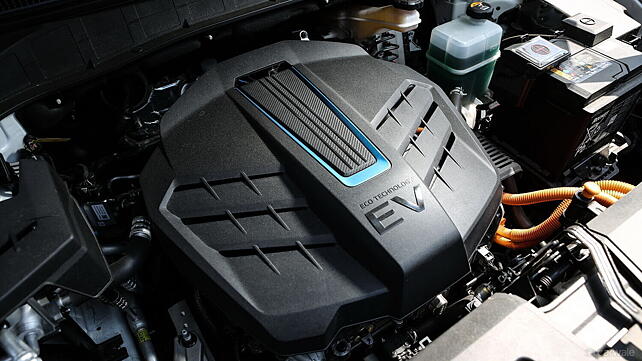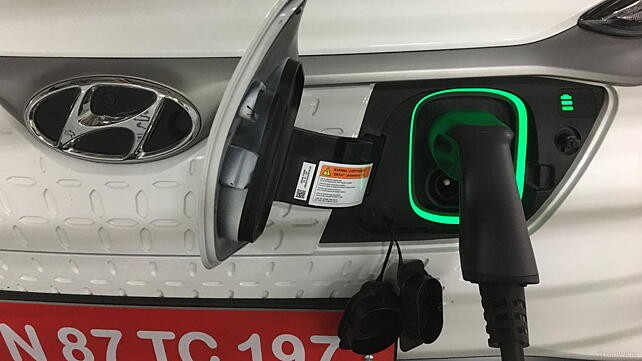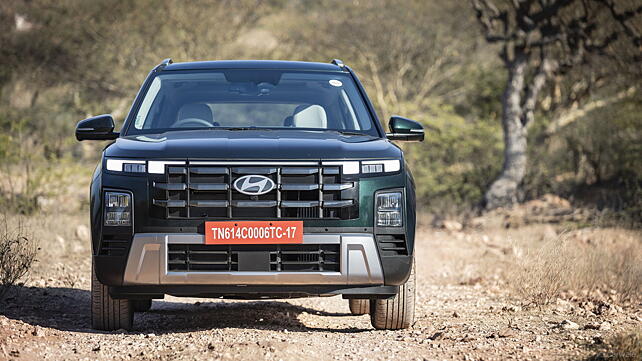Korean automobile brand Hyundai is all set to announce its Initial Public Offering (IPO) for the Indian market in the coming weeks. Ahead of this announcement, we have got our hands on its future plans, including the upcoming EVs and progress at its new plant in Pune, Maharashtra.

Starting with the latter, the Talegaon plant will be the second such facility by the automaker in the country after the Chennai facility. The latter has two plants in the same location and currently produces 13 cars across various segments and price brackets. At present, this has an annual manufacturing capacity of 8.24 lakh units. Once the Talegaon plant commences production, this number is expected to swell to 10.74 lakh units under full operation. Additionally, the facility will be opened in phases, with the first phase set to begin operations in H2 2026.

Coming to EVs, Hyundai has leased a section of the Chennai manufacturing plant to Mobis in order to assemble batteries that will be used by Hyundai electric vehicles. This move is expected to reduce the import cost of battery packs. Additionally, the company will set up a battery packing assembly unit, which will have an annual capacity of around 75,000 battery packs in the first phase by 2025.

Simultaneously, Hyundai intends to focus on securing local production capabilities for key parts such as cells, battery packs, power electronics, and drivetrain, and on building a localised EV supply chain. This move will help the brand price it's EVs at a competitive rate. The first locally produced electric offering will be the Creta EV, due for a launch by the end of FY25, to be followed by three more EVs by the end of 2030.